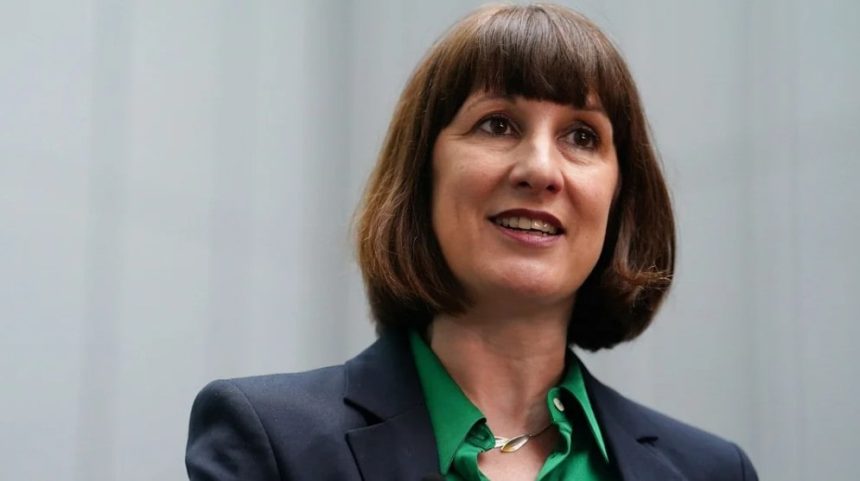Rachel Reeves faces mounting pressure over the state of the economy, as fresh figures reveal company hiring plans have slumped to a record low in the wake of her national insurance contributions (NIC) hike.
Hiring Freeze Across the Private Sector
The Chartered Institute of Personnel and Development (CIPD) reports that just 57% of private sector employers intend to recruit in the next quarter, a steep drop from 65% last autumn. Rising operational costs are being blamed, with recruitment budgets under intense scrutiny.
The downturn is echoed in the latest monthly report by KPMG and the Recruitment and Employment Confederation (REC), which recorded a “further steep decline” in permanent staff appointments last month. Recruitment agencies pointed to weak economic confidence and higher payroll costs as key culprits.
“This trend could undermine the UK’s weak growth outlook further, hitting both living standards and tax revenues,” warned Anna Leach, Chief Economist at the Institute of Directors.
Employers Grapple with Rising Costs
In a survey of 2,000 employers, the CIPD found that 84% of businesses have seen employment costs climb since April’s NIC changes took effect. The impact has been particularly stark in people-heavy sectors such as care and hospitality, where half of employers reported significant cost increases.
Ben Caswell, Senior Economist at the National Institute of Economic and Social Research (NIESR), said the data suggests businesses are cutting jobs rather than passing costs to customers. However, he noted that prices are now being driven up by April’s minimum wage rise.
Economic Storm Clouds for Reeves
This blow to hiring intentions comes just days after the Bank of England cautioned households to brace for months of sharp price rises, fuelled by higher food costs. The central bank also cited the NIC rise and minimum wage increase as contributing factors to the cost-of-living squeeze.
Interest rates have been cut to 4% in an effort to kickstart the sluggish economy. Yet, Ms Reeves is already under fire over a projected £50 billion shortfall in the public finances, a gap that could force tax rises, spending cuts, or a rethink of Labour’s fiscal rules.
On Sunday, she sought to calm nerves, saying the economic change voters backed in last summer’s election was “never going to happen overnight.”
Business Leaders Sound Alarm
James Cockett, Senior Labour Market Economist at the CIPD, warned that confidence is “faltering further under rising employment costs” and that the Employment Rights Bill could worsen the situation if not carefully implemented.
Jon Holt, KPMG’s UK Chief Executive, noted: “The labour market cooled in July as chief execs held back from increasing their recruitment budgets. Economic uncertainty, the complexities of AI adoption and global headwinds are all weighing on business planning.”
Even Labour allies have voiced frustration. Last month, ex-Manchester United star turned businessman Gary Neville criticised the NIC hike, describing it as “a challenge” for firms like his, which employ hundreds of staff.
Liberal Democrat Treasury spokesperson Daisy Cooper went further, branding the tax “utterly misguided” and accusing the government of delivering “an absolute hammer blow to businesses across the country.”
Treasury Defends Policy
In response, a Treasury spokesperson insisted that 380,000 jobs have been created since the start of the parliament and highlighted that real wages have grown more in Labour’s first ten months than during the first decade of the previous government.
They added: “Since the election, we have struck three major trade deals with the EU, US and India, business rates are being reformed, and corporation tax is capped at 25 per cent. This is how we are delivering on our Plan for Change to kickstart economic growth and put more money into working people’s pockets.”
It’s a sobering snapshot of an economy where policy choices are colliding head-on with fragile business confidence, and the coming months could prove decisive for Reeves and her economic credibility.






